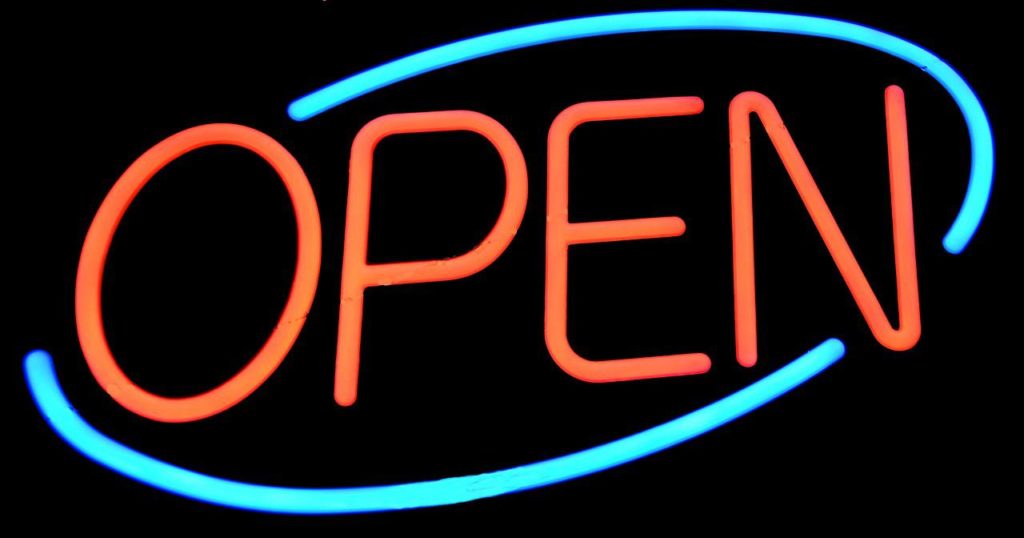Open Your Mind to Success
Do you know everything there is to know about something? If so, you have trouble.
For example, you believe you know all about making money, but cannot pay your bills. Or you think you know everything there is to know about marriages, but you have relationship problems. Or that you believe you know all about nutrition, yet you are overweight or sick all the time.
Fortunately, you can easily change your mind, learn new skills and be more successful.
“You cannot study a subject if you think you know all about it to begin with.
“A student who thinks he knows all there is to know about a subject will not be able to learn anything in it.
“A person might already be familiar with a subject from previous experience and, having had success in that field, now has the idea that he knows all about it.”
“With that obstacle in the way, one can become completely bogged* down in his studies and not make forward progress.
“This is true for a student of any subject.” — L. Ron Hubbard (*bogged: hindered or slowed)
You will not succeed, increase your income or reach your goals if you let yourself believe you know it all.
Three Examples of Things That Know-it-All People Say
1. “I used to make tons of money in sales, so I don’t need to listen to this sales trainer. What a waste of my time.”
2. “I was an excellent pilot in the Air Force. I don’t need to learn how to fly this small airplane. Let’s give her a try!”
3. “Whoever wrote this article on vaccines should have asked me. I got A’s in high school science classes, so I know much more than most people.”
Three Examples of Things That Actual Experts Say
1. “I really enjoy learning new things in my field. I always have room for new knowledge.”
1. “You might think I know all about this skill, but I wish I knew more.”
2. “Great webinar. I enjoyed every word. It confirms what I knew.”
Two Demonstrations
1. Try this first demonstration to see how your beliefs or attitudes affect your ability to learn.
a. Find an article that you might learn something from.
b. Before you start to read it, tell yourself, “I know all about this. There’s nothing in here that I don’t already know. It’s going to be a waste of time.”
c. Now read the first few sentences or paragraphs.
d. Did you learn anything?
e. Next, change your mind. Decide you might learn something incredibly valuable in this article. Open your mind to learning anything it might teach you.
f. Now read the first few sentences or paragraphs.
g. Did you learn anything?
2. This second demonstration shows you another way you can learn from anything.
a. At the top of a blank page, write down a subject that you know all about. Pick a subject about which you know everything there is to know.
b. Next, even though you know all about it, take a closer look. Open your mind and write ONE thing you could learn. One small thing that you might not know yet.
c. Now write down how you could learn that one small thing. You can go learn it or not, as you wish.
Five Tips to Rise Above the Know-it-All Belief
1. Acknowledge your past success. Pat yourself on the back, then say, “OK, that was then, this is now. It’s time to start again and learn more.”
2. Examine the facts.
Were you actually successful?
What have you done since?
Can you repeat this success?
If you really are better than most people, what results are you getting right now?
3. Instead of insisting that you are expert in all things, or making up answers to questions, learn to say things like,
“Hmm, I actually don’t know”
“I would like to do some research”
“Let me get back to you on that.”
And then go learn what you need to know.
4. Set a goal to fully master the subject by learning more than anyone else and then accomplishing more than anyone else.
5. Always be a humble student, even when you master a subject and reach huge success.
Find out what successful people are doing. How successful are they? What do they do? What can you learn from them?
